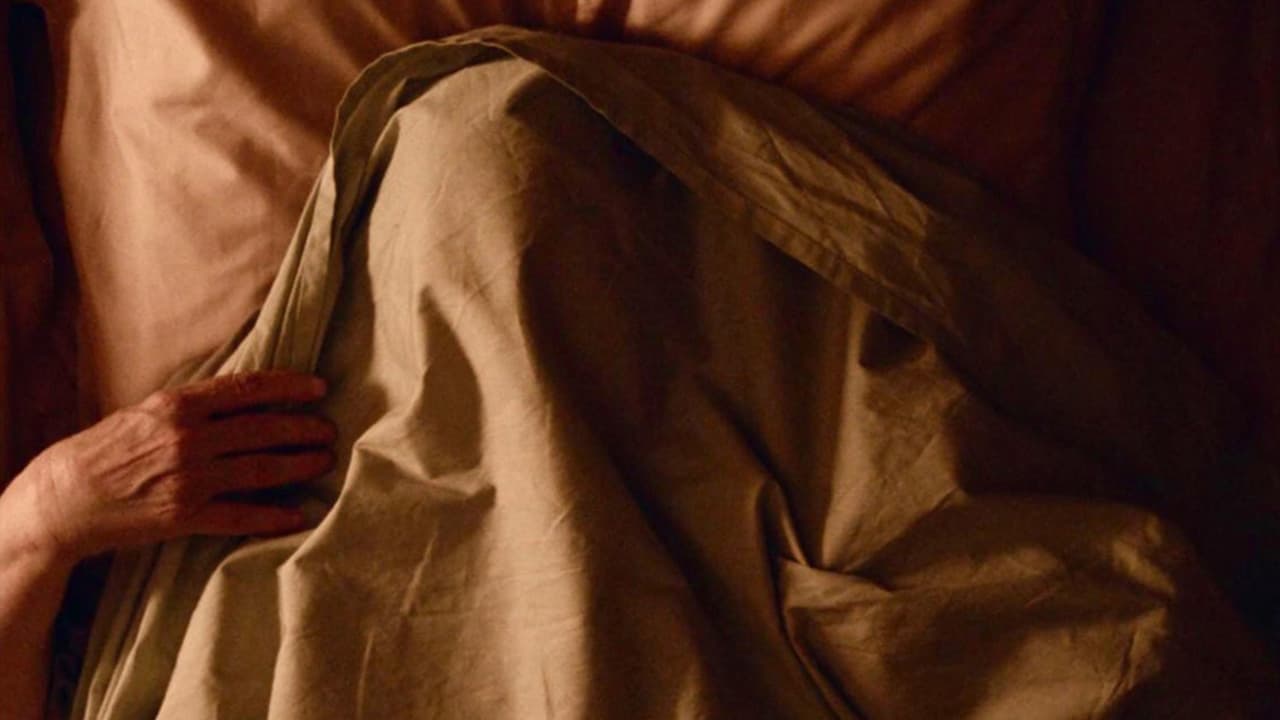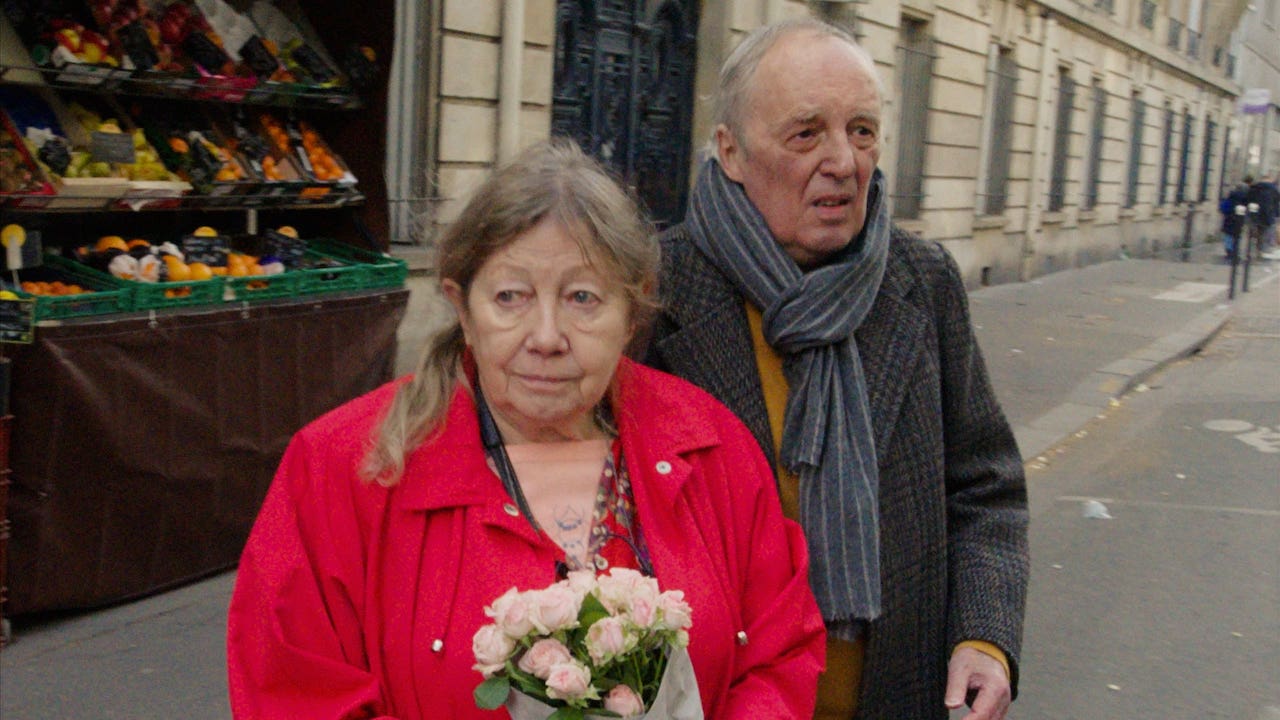Maybe don’t take your elderly parents to see Gaspar Noe’s crushing Vortex

An elderly Dario Argento watches his wife deteriorate in Vortex, a movie that divides our attention into the couple’s separate, tragic perspectives. Eliza Janssen believes the film’s only happy moments may be a dream.
There are plenty of awful, violent deaths in French provocateur Gaspar Noe’s filmography. We saw a weeny little kid get electrocuted in Climax, and a man’s head turned to marinara sauce via fire extinguisher in Irréversible.
After a brain aneurysm in 2020 and his mother’s dementia diagnosis, however, Noe seems to have grown up a bit, realising that the most disturbing facet of death is merely that it comes for us all, without pity or dignity. Yes, you in the audience, he sneers as the stylist of time and death in his newest film Vortex: I’ve claimed your grandparents, and your parents, and all you can do is watch in terror until your own time arrives.
It feels portentous that Noe managed to wrangle legendary Italian horror director Dario Argento into one of the film’s lead roles, forcing him to speak in halting French opposite native star Françoise Lebrun, as doddering couple Lui and Elle. Their apartment is papered with retro film posters and hoarded walls of paperbacks, perhaps Noe questioning what the ultimate debris of his own controversial career will be. While both of them potter around at tasks with questionable relevance, it becomes clear that Elle’s memory and comprehension are trailing behind Lui’s, and she’s soon aimlessly wandering around supermarkets and mistaking their son Stéphane (Alex Lutz) for his father, kissing him on the lips to his horror.
Just how sympathetic the director is to his ailing characters, however, is something I’m still questioning. Vortex certainly depresses, with boundless pity for the universal situation of Lui and Elle, even as philandering Lui spends his wife’s final days of lucidity trying to chase down his mistress. But the film’s visual choices and opening minutes preyed on my mind more and more after watching, and I feel that they paint a picture of love’s uselessness to survive the mind and body’s cruel, inevitable decay.
Those first few scenes show us a single rounded frame in the centre of the screen, with Lui and Elle meeting each other for an adorable rooftop breakfast in the centre. We cut to a black-and-white clip of Françoise Hardy performing a 1960s chanson in full: “Mon Amie la Rose”, all about life fleeting and wilting before the singer’s eyes, with lyrics like “my heart is almost bare/my feet are in the grave/already I’m no longer there”.
From there, Noe reuses an absorbing storytelling tactic from Lux Æterna. A thick black bar slowly divides what we’re watching, giving the effect of watching Lui and Elle in separate windows of a ViewMaster, maybe. The frames will often wink, lazily and with asymmetry, giving the sensation of being trapped in a brain where each eye sees the world separately—subjectively, and tragically. We feel that from now on, the couple can never truly be connected again—and that perhaps the idyllic moment of breakfast unity opening the film was just their idealised dream of married life. It doesn’t help that Lui quotes from Edgar Allen Poe’s “A Dream Within A Dream”, either.
Free of Noe’s usual omniscient, acrobatic camera tricks and intense soundtrack, Vortex lives up to its title by instead sucking viewers into a gradual, melancholic downward spiral. The only interruptions come from the couple’s grandson Kiki, who bashes his toy cars together in pure innocence as his heroin addicted dad Stéphane tries to plan his parent’s hopeless future.

The MIFF program claims that audiences will appreciate this cruel, slow movie “if [they] felt Michael Haneke’s Amour was too mild a portrait of elderly decline”. Who the hell could’ve thought that, about Haneke’s equally uncompromising story of dying Parisians?! Both films are devastating because they apply to virtually all of us at some point, and the sobbing MIFF audience around me was proof of that.
Vortex isn’t kind enough to even suggest that amour/love can survive these trials. We all left the cinema trapped in our own painfully subjective windows of spectatorship, having imagined for a few long hours that we could share the perspective of two stranger’s dying brains.
















